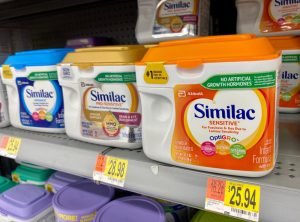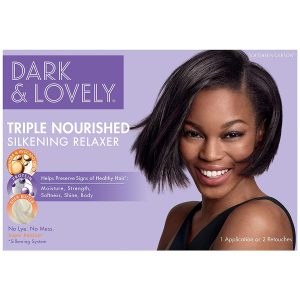President Obama got 12 stitches after being elbowed in the lip during a basketball game. Who elbows the President of the United States? What an idiot! (Unless, of course, the President tried to drive the lane. In which case, he had it coming.)
I’m bringing a class action against the person who fouled President Obama. I have estimated his time is worth $10 million an hour to the American people. These stitches cost us 45 minutes!
This page is about social media addiction lawsuits and who is eligible to bring a claim. Our lawyers also provide the latest news on social media class action lawsuits. The problem that led to social media lawsuits is that millions of people, too many of whom are children, are addicted to social media platforms such […]









